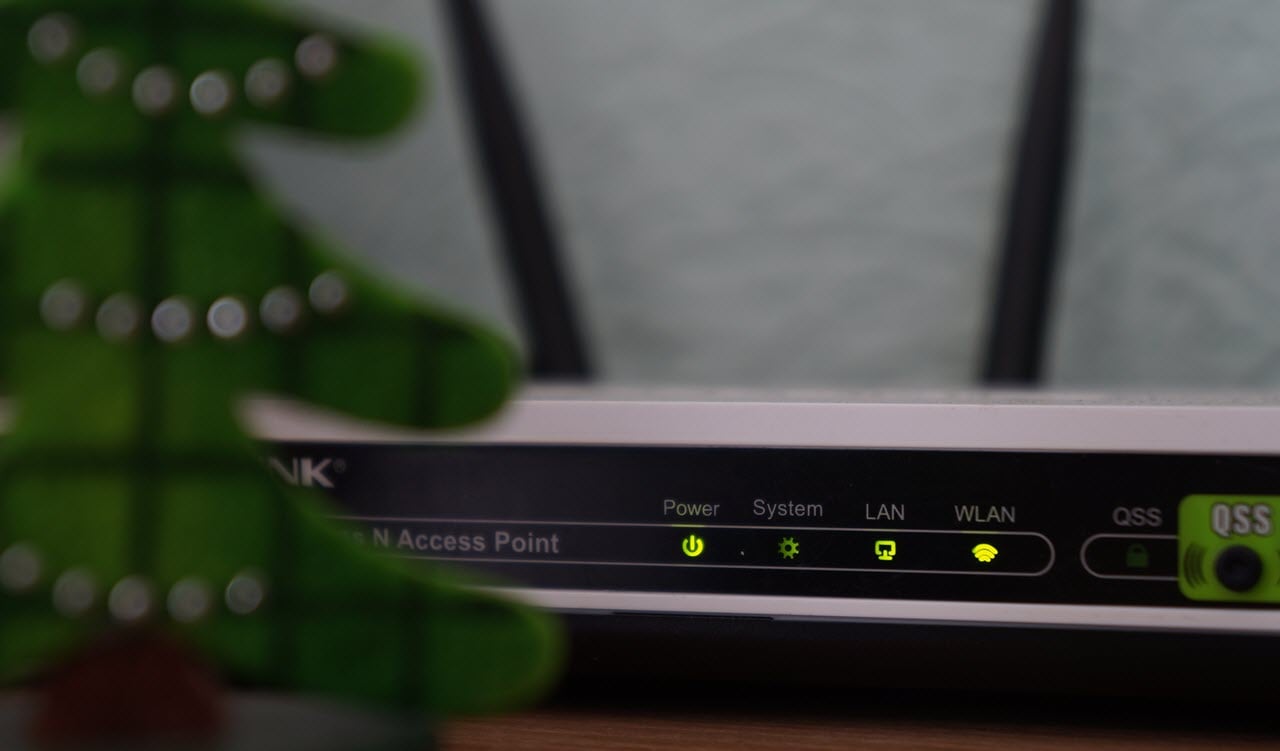The Karnataka High Court has ordered the Central government to ban email service provider Proton. The order comes during a petition hearing filed by a design firm called M Moser Design Associates, which claimed that their staff were receiving emails containing obscene content through Proton Mail.
In a hearing live-streamed on YouTube, Justice M Nagaprasanna ordered the Ministry of Home Affairs, the Ministry of Electronics and Information Technology (MeitY), and the Department of Telecommunications to block Proton Mail. The judgment added that until the government initiates the blocking process for the entire service, the web addresses mentioned in the petition should be blocked.
Section 69A of the Information Technology Act, 2008 gives the government the power to block public access to information, or in this case, an online service. The act can be invoked in the interest of “sovereignty and integrity of India, defence of India, security of the State, friendly relations with foreign States or public order or for preventing incitement to the commission of any cognizable offence relating to the above.” Rule 10 of the IT Rules, 2009, extends this power to Indian courts and was used to pass the order.

The Swiss email provider offers end-to-end encrypted emails, cloud storage, VPN, and several other privacy-first services. Since Proton Mail is end-to-end encrypted, no one other than the sender and recipient of an email can access the email’s contents — a fact governments aren’t pleased about. Proton AG, the service’s parent company, is also based in Switzerland and hence, protected by the country’s privacy laws.
The company isn’t allowed to transmit any data to foreign authorities. However, it is legally obligated to respond to orders from Swiss authorities. The original complaint filed by M Moser Design Associates was filed because Proton refused to give up the sender’s details.
This isn’t India’s first attempt to block the service either. In 2024, D Ashok Kumar, Tamil Nadu’s nodal officer for blocking orders under the IT Act, 2000, requested MeitY to block Proton Mail after it was used to send fake bomb threats in Chennai. The Delhi High Court also directed the Delhi police and the Home Ministry to investigate the service’s use in the country. Blocking an email service provider, especially one that puts its users first, like Proton, is an extreme measure, especially considering the platform does not necessarily bear responsibility for its users.
In the News: Malware-laden text editor used to target Uyghur users






